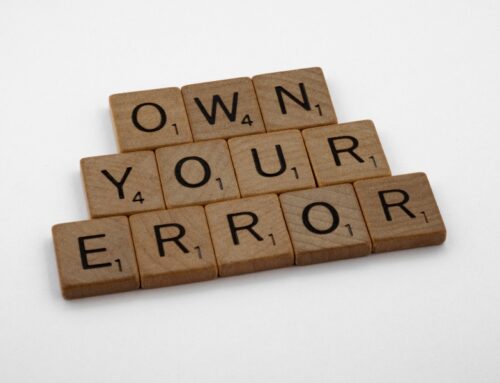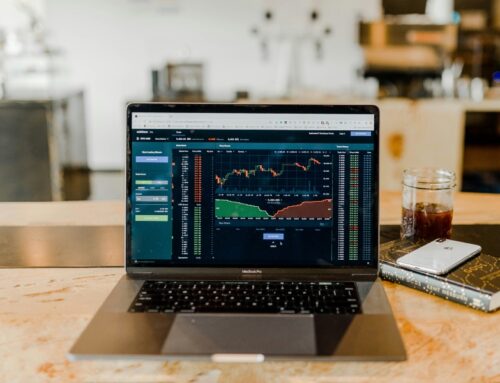A company can return excess capital it might have to its shareholders through dividends, share capital reduction or share buybacks. In this article, we will be focusing on share buybacks, namely for private companies in Singapore.
A share buyback is exactly what it says. A company is buying back its own shares. Instead of the investor selling the shares to another investor, the investor sells the shares back to the company. This usually happens when a company does not have any other good use for the shares. i.e. it does not have any good use for the spare capital it is holding on to. Other reasons for a company wanting to buy back its shares may include the fact that the shares may be currently undervalued and by buying its shares, it can then reissue the shares at a later date. If it issues the shares at a later date at a higher price, this would effectively increase its share capital. Of course, if this were a private company, the value of the shares would be ascertained privately rather than the share price being floated on the stock market hence the valuation and projections of the company need to be done properly. This is to avoid a situation where the company buys back the shares at a price that is disadvantageous to it.
The important thing to note is that the share buyback is funded by the company’s excess funds. This money could have been used to expand the business (by opening more outlets if it was a retail company or hiring more staff to support a larger number of clients). It could also be used by the company to make investments.
Once the shares are acquired by the company, the company can then choose to hold them as treasury shares or cancel the shares.
Limits to the number of shares a company can buy back
There are limits to the number of shares that a company can buy back from the relevant general or special resolution to the date of the next annual general meeting (AGM).
The limits are:
- Up to 20 per cent of ordinary shares (this excludes any ordinary shares that are held as treasury shares)
- Up to 20 per cent of non-redeemable preference shares
- There are no limits to the number of shares a company can buy back on redeemable preference shares
The company cannot hold more than 10 per cent of the total number of shares in that class at that time. Therefore, if the total number of ordinary shares is 100,000, then the company cannot hold more than 10,000 ordinary shares as treasury shares.
How to execute a share buyback?
- The company constitution must expressively permit share buyback. If there is no express provision, the constitution must be amended to provide for it.
- The total number of shares to be bought by the company must not exceed the limits as mentioned above.
- The company must be solvent
- Shareholder approval (through a resolution) is required.
Once the share buyback is approved by the shareholders, the company must lodge the resolution, the notice of acquisition and the following particulars with the registrar.
- Date of acquisition
- Number of shares acquired
- Number of shares cancelled
- Number of shares held as treasury shares
- The company’s issued share capital before the acquisition
- The company’s issued share capital after the acquisition
- The amount of consideration paid by the company for the acquisition of the shares
- Whether the shares were acquired out of profits or the capital of the company
- Any other information which may be prescribed in the form
Note that stamp duty is payable on share buybacks.
If you are looking to perform a share buyback, or have any queries regarding share buybacks, please contact us at [email protected].
When in doubt, seek legal advice or consult an experienced ACRA Filing Agent.
Yours Sincerely,
The editorial team at Singapore Secretary Services
For more useful articles and videos, visit the Singapore Secretary Services resource page.
Related articles:
What is the Register for Registrable Controllers?







Leave A Comment